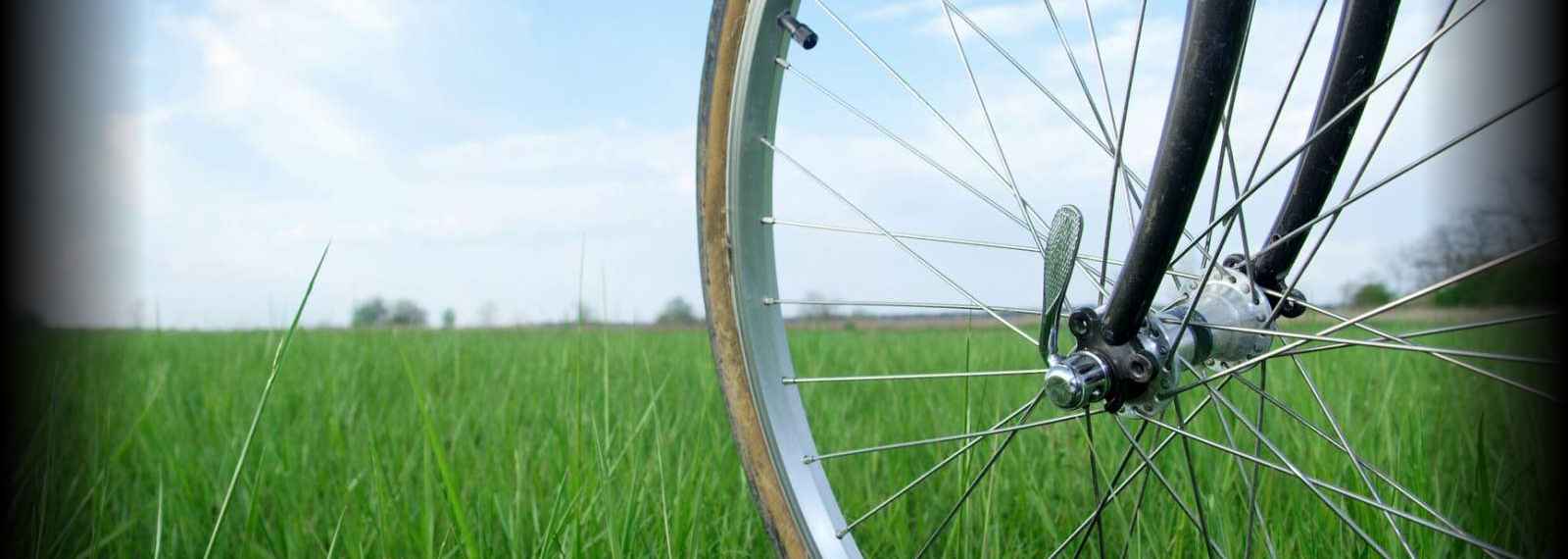How Cycling Could Make Bilinguals Monolingual
Medical Pharmaceutical Translations • Jan 31, 2019 12:00:00 AM

What would you do if you woke up thinking and speaking one language, but by the afternoon, after a bike ride, you could only speak an entirely different language, with no knowledge of the one you spoke earlier in the day? How would you feel? What would you do?
Well, that is exactly what happened to Hannah Jenkins after a bicycling accident where she collided with another cyclist. After being airlifted to a hospital in critical condition, Hannah woke up in a UK hospital unable to understand what people were saying to her. Not one word. No one was speaking English to her. Or so she thought.
The doctors were equally as puzzled because they were speaking English and they knew she was a UK resident and that she should understand them perfectly. It was a mystery until they called Hannah’s sister. Hannah, much to her delight, was able to communicate fine with her sister. The difference? She and her sister were speaking German.
You see, Hannah’s polyglot family spoke many languages, but the two they used most when Hannah was growing up were English and German. In fact, German was Hannah’s first oral language taught to her by her Austrian mother. Their family had a rule to speak German to each other as much as possible in an effort to retain it.
So, what happened? Well this usually occurs after a head injury of some type. There are reports of an Englishman who, after suffering a stroke, began speaking Welsh, a language he never learned; a 13-year old Croatian girl woke up from a coma speaking fluent German, a language she only briefly studied; an Australian man woke up speaking Mandarin, a language he knew marginally; and a teacher who, after suffering from herpes encephalitis, retained Arabic, his first language, but could no longer speak Hebrew, the language he was fluent in since he learned it in 4 th grade.
This is secondary language loss. Also called aphasia, it always starts when trauma, tumors, infections or stroke cause damage to the portions of the brain that control language. According to aphasia.org, there are 8 different types of aphasia which range from mild to severe. Anything from remembering vocabulary or sentence structure can be a chore. And occasionally someone fluent in two languages can lose either of the languages. In Hannah’s case, she kept that first oral language, German. Milder cases take months to recover, others years or not at all.
Researchers initially believed that different languages occupy different parts of the brain. Thus, the area of the brain injured by impact or stroke, would be the most affected. If one of the languages was located in that area, a person could lose the ability to speak it. According to the Max Planck Institute for Psycholinguistics, this is not exactly accurate. By studying brain scans, doctors realized that no matter which language they are speaking, bilinguals activate the same networks within their brains.
So why lose one and not the other? While knowledge of exactly how our brains generate multiple languages is still mostly unclear, there are influencing factors that come into play. For example, if someone is more proficient in one language than the other, the more dominate language will most likely survive an injury or stroke. It is like an automatic skill that is easier to recover. Scientists believe skills learned in childhood are most likely to be left intact compared to skills learned later. What we learn later, we lose first. This may be why Hannah was fluent in just German post-accident. It was her very first language and one she consciously worked at retaining.
Another theory purports that recovering or even retaining a language may depend on social factors and emotional involvement. Doctors are not sure how or if these factors can predict a successful recovery.
The case study about the Arabic/Hebrew bilingual teacher suggests that bilingual individuals might possess two separate switching mechanisms: one lexical and one semantic. And if one language is a subset of the other, it may be more sensitive to brain damage.
While her bruised muscles would heal within months, Hannah was in for years of retraining her brain to re-learn a language in which she was once fluent. It has been about 3 years and Hannah is still not fluent. English has now become her second language.
As you can see, we still have a long way to go to before we truly understand how traumatic brain injury affects language retention, but in the meantime, don’t let this stop you from enjoying your life, going for a spin on your bicycle and speaking as many languages as you want!
By Ilona Knudson
#monolingual #translations #secondarylanguageloss #bilingual #aphasia #aiatranslations
